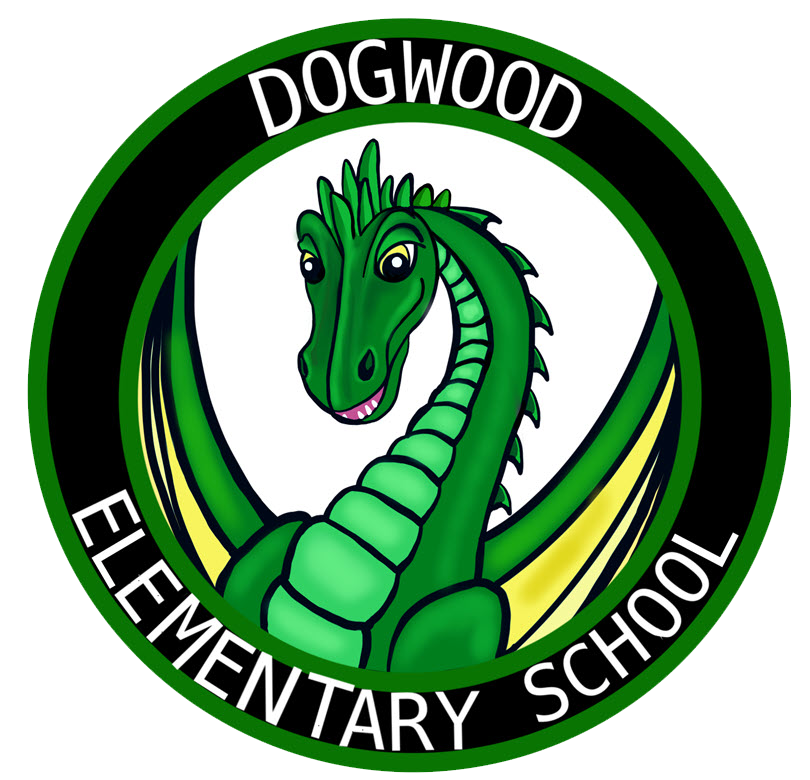Language Policy
Dogwood Mission:
Our mission is to develop a globally minded community enriched by differences, engaged in inquiry, and empowered to take action to impact the world.
Philosophy- What do we believe about language learning?
At Dogwood Elementary School, we foster a culture of language learning and believe that language brings our community together. Language is fundamental to identity, communication, and learning. Our belief is grounded in the idea that all teachers and staff members are language teachers and learners. Language learning includes the development of home languages, languages of the school, multimodal communication, additional languages, and literacy. Language learning is integrated across the curriculum and fosters a globally minded community that is enriched by differences, engaged in inquiry, and empowered to take action that impacts the world.
At Dogwood, we create a safe environment to connect our diverse backgrounds and support the development of all components of language learning. We value how language learning builds respect for individual and global cultures and affirms the identities of our students, teachers, and the greater community. We recognize that multilingualism within our community enhances learning experiences and strengthens relationships. This allows access and equity for all students and deepens our international-mindedness.
Purpose- Why do we value language learning?
At Dogwood Elementary we embrace multilingualism to enhance language learning. Our school population encompasses 26 different languages and 57% of our students receive ESOL (English for Speakers of Other Languages) support.

Language learning is used to enrich, engage, and empower the Dogwood community.
- Language learning focuses on gaining proficiency in English through listening, speaking, reading, and writing.
- Language learning encourages continued development of home and family languages.
- Language learning gives students insight into different perspectives and provides opportunities for enjoyment and intellectual stimulation.
- Language learning strengthens our cultural understanding and our partnership with families.
Practices- How do we teach language?
At Dogwood, we recognize that language learning invites internationally minded communication to support cognitive development and cultural identity. We are committed to offering opportunities for learning language, learning about language, and learning through language.
Language is central to all learning; teachers facilitate communication through morning meetings, opportunities for academic and social discourse, writing, reading, and math workshops, and experiential learning opportunities. Through strategy instruction and engaging literacy practices we develop confident and independent readers, writers, and communicators. Therefore, all instruction at Dogwood is deeply rooted in language learning.
At Dogwood, students receive instruction primarily in English and take part in Spanish instruction. Spanish instruction is delivered through STEAM (Science Technology Engineering Art Math), as part of our single-subject rotation. English language learners are supported through immersion as well as through English Language Development with an ESOL teacher. All teachers invite academic and social discourse in students’ home and family languages.
We embrace and respect global cultures by promoting the use of home and family languages both in and out of school. New families to Dogwood participate in a Welcoming Committee Interview in which we learn about a students’ family and language profile. We also share important information and resources provided by the school.
We value language learning to promote systemic change in our society. Therefore, continuous learning is important for staff and teachers. Through school, team, and individual professional development we promote best practices for language learning based on the needs of our school community.
Policy Review
In efforts to reflect the evolving language needs of our school, the Dogwood Language Policy will be reviewed at least every three years by the PYP Implementation Team. All updates will be made public to our community including families, students, and staff.
- Written Fall 2018
- Updated Spring 2021
- Reviewed again by Spring 2024
Language learning includes the development of home languages, languages of the school, multimodal communication, additional languages, and literacy.
“Language in the PYP.” International Baccalaureate: Program Resource Center. p 1. May 26, 2021.

